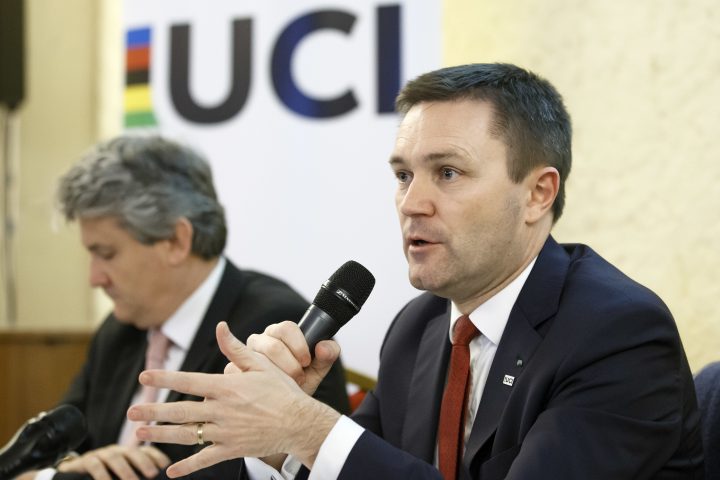
Title: World Cycling’s Governing Body Implements Ban on Female Transgender Athletes in Women’s Events
Introduction:
In recent years, the topic of transgender athletes participating in sports has sparked intense debates worldwide. The governing bodies of various sports have been grappling with the challenge of ensuring fair competition while respecting the rights of transgender individuals. World Cycling, the international governing body for competitive cycling, has recently implemented a ban on female transgender athletes participating in women’s events. This decision aims to address concerns surrounding competitive fairness and athlete safety. However, it has also ignited a new wave of discussions regarding inclusivity and the rights of transgender athletes.
Background:
Transgender athletes are individuals whose gender identity differs from the sex assigned to them at birth. Advocates argue that transgender athletes should be able to compete in accordance with their gender identity to promote inclusivity and equal opportunities. However, critics raise concerns about potential advantages that transgender women (assigned male at birth but identify as female) may have over cisgender women (those assigned female at birth and identify as female) due to physiological differences developed during male puberty.
The Ban:
World Cycling’s decision to ban female transgender athletes from competing in women’s events is based on guidelines provided by the International Olympic Committee (IOC). These guidelines state that transgender women must demonstrate that their testosterone levels have remained below a certain threshold for at least 12 months before being eligible to compete in women’s events. This requirement aims to mitigate potential advantages resulting from higher testosterone levels developed during male puberty.
Rationale Behind the Ban:
The primary rationale behind World Cycling’s ban is to ensure fair competition and maintain a level playing field for all athletes. Testosterone, a hormone responsible for muscle development, can provide an advantage in certain sports. The ban is intended to address concerns that transgender women, who may have experienced the effects of testosterone during their development, could have an unfair advantage over cisgender women who did not experience similar hormonal changes.
Criticism and Counterarguments:
Critics argue that the ban on female transgender athletes contradicts the principles of inclusivity and equal opportunities. They contend that transgender women undergo hormone therapy to reduce testosterone levels, thereby mitigating any potential advantages. Moreover, they argue that the ban perpetuates discrimination against transgender individuals and reinforces societal stigmas.
Supporters of the ban argue that it is necessary to protect the integrity of women’s sports. They contend that even with hormone therapy, transgender women may still retain some physical advantages over cisgender women. They emphasize the importance of maintaining fair competition to ensure that athletes can compete on an equal footing, protecting the spirit of the sport.
Moving Forward:
The issue of transgender inclusion in sports is complex and multifaceted. It requires a delicate balance between ensuring fair competition and respecting the rights of transgender individuals. World Cycling’s ban on female transgender athletes participating in women’s events reflects an ongoing effort to address these concerns. However, it is crucial for governing bodies to continue engaging in open dialogue with athletes, experts, and advocacy groups to find solutions that promote inclusivity while maintaining competitive fairness.
Conclusion:
World Cycling’s decision to implement a ban on female transgender athletes participating in women’s events has ignited a global conversation about the rights and inclusivity of transgender individuals in sports. While the ban aims to address concerns regarding competitive fairness, it has also faced criticism for potentially perpetuating discrimination. As the world continues to grapple with this complex issue, it is essential to find a balanced approach that respects the rights of transgender athletes while ensuring fair competition for all participants.

